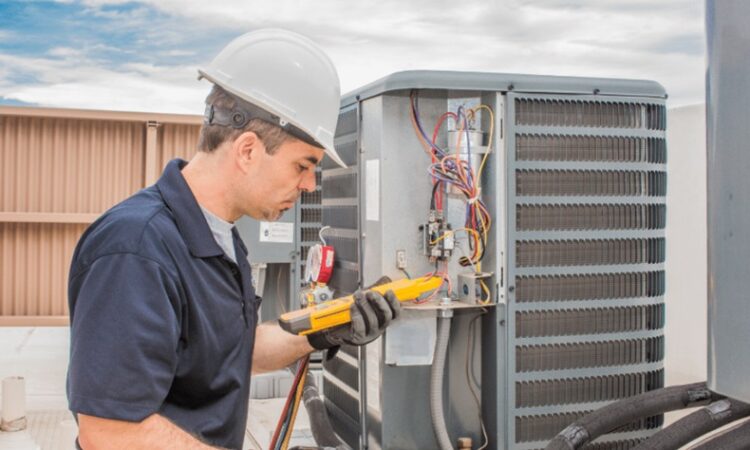
Identifying the optimal moment to upgrade your HVAC system is crucial for maintaining a comfortable and energy-efficient home. Timely HVAC installation in Westchester can avert unexpected system failures, minimize energy expenses, and enhance indoor air quality. An aging or inefficient HVAC unit often struggles to maintain consistent temperatures and consumes excessive energy, resulting in inflated utility bills. By recognizing the indicators that signal the need for a replacement, homeowners can make well-informed decisions that benefit both their living environment and their financial bottom line.
System Age and Efficiency
The age of your HVAC system serves as a primary indicator for potential replacement. Most HVAC units have an operational lifespan ranging from 15 to 20 years, with variations based on maintenance history, usage intensity, and local climate conditions. As your system approaches or surpasses this age bracket, it’s prudent to contemplate a replacement. If you’re ready to move forward, preparing your home for the AC installation process is essential.
Energy Consumption Patterns
A noticeable uptick in your energy bills, particularly when your usage habits remain consistent, often signals declining HVAC efficiency. As systems age, they typically require more energy to maintain desired temperatures, leading to increased utility costs. Modern HVAC units are engineered with energy conservation in mind, frequently featuring high Seasonal Energy Efficiency Ratio (SEER) ratings for air conditioners and impressive Annual Fuel Utilization Efficiency (AFUE) ratings for heating systems. Upgrading to a more energy-efficient model can result in substantial long-term savings on your energy expenses, often offsetting the initial investment cost over time.
Frequency of Repairs
If you find yourself frequently scheduling HVAC repair services or addressing recurring maintenance issues, it may be more economically sound to invest in a new system rather than continually repairing an aging one. As HVAC units approach the end of their operational life, component failures become more common, leading to an increase in repair frequency and costs. These cumulative repair expenses can quickly approach or even exceed the cost of a new installation. Moreover, older systems may rely on outdated refrigerants or components that are becoming increasingly scarce and expensive. A new HVAC installation not only comes with the peace of mind of warranty coverage but also eliminates the need for frequent repairs, saving both money and inconvenience in the long run.
Temperature Consistency
Uneven heating or cooling throughout your home often signals that your HVAC system is struggling to distribute air effectively. This inconsistency can result from various factors, such as ductwork problems, incorrect system sizing, or an outdated unit that can no longer meet your home’s needs. Modern HVAC systems provide advanced air distribution capabilities, with features like variable-speed blowers and zoning options for more precise temperature control and balanced airflow. When considering an installation, exploring the main types of HVAC systems can help you choose the one that best suits your specific comfort needs and home layout.
Conclusion
Recognizing the signs that indicate the need for HVAC system replacement is essential for maintaining home comfort, energy efficiency, and long-term cost savings. By considering factors such as system age, energy consumption patterns, repair frequency, and temperature consistency, homeowners can make informed decisions about when to upgrade their HVAC systems. While the prospect of a new installation may seem daunting, the benefits of improved efficiency, enhanced comfort, and reduced maintenance needs often outweigh the initial investment. By staying attuned to these indicators and consulting with HVAC professionals in Westchester, you can ensure that your home remains comfortable and energy-efficient for years to come.
